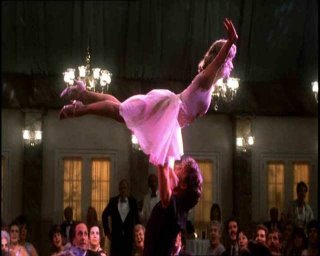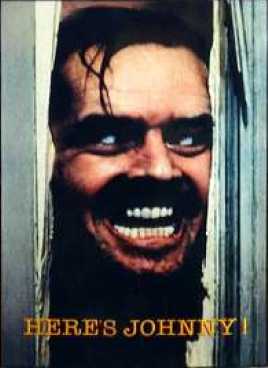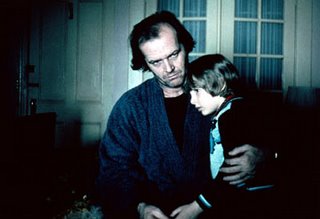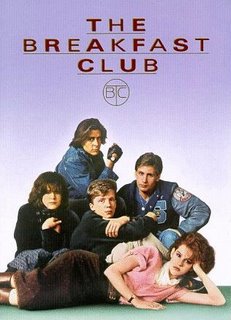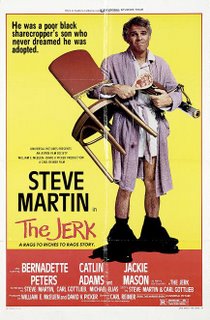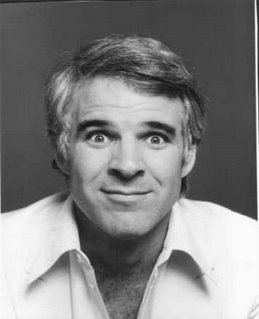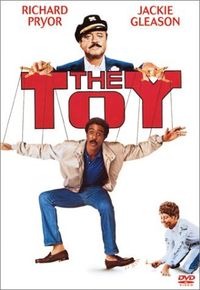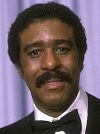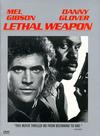
The untouchables is a classic gangster movie set in the 1930's in Chicago. It's the story of Eliot Ness (Kevin Costner) trying to put the famous crime kingpin Al Capone (Robert DeNiro) behind bars. Ness is a federal agent called upon to stop the illegal flow of alcohol in the city. After an attempted raid fails, he almost gives up hope until he gets help from a veteran cop named James Malone (Sean Connery). After teaming up with Malone, they enlist a rookie cop George Stone (Andy Garcia) to help them take Capone down. After raiding a large brewery Ness and his family become wanted by Capone and he sends his wife and his daughter away to safety. His team of untouchables (called so because of their refusal of bribes) then stops a shipment and finds out Capone's business information after capturing his book keeper and making him confess. Capone is taken to court on the charges of tax evasion and is put in jail because of Ness' efforts.
This true story is told amazingly, and keeps the viewer at the edge of their seat. It is very interesting to see how the famous Al Capone was caught and life of Eliot Ness, the man that caught him. The cast makes the story believable and add to the already great plot. The Untouchables is a classic gangster film that can be enjoyed by people that aren't already interested in the story of downfall of Al Capone.


